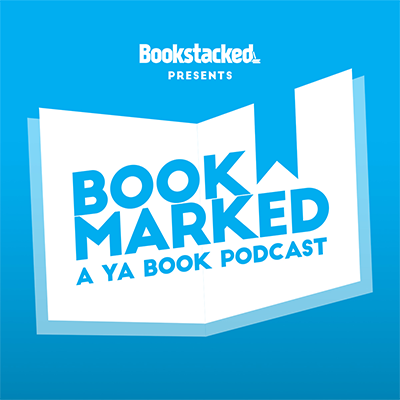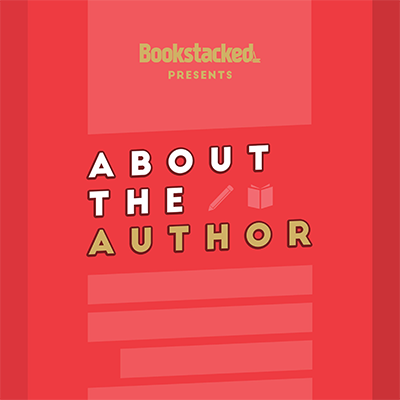Michael Chabon might have said it best in Arwen Curry’s film:
“It’s certainly a remarkable writer who can meet you when you’re 10 years old and give you something wonderful to read and still be there for you when you’re 45 years old and everywhere in between.”
That had been Curry’s experience with legendary author Ursula K. Le Guin, best known for her science fiction and fantasy books. Curry grew up with Le Guin’s books on her childhood bookshelf, reading the story of Ged in A Wizard of Earthsea around the age of 10. She revisited the author later in life as well, though this time it wasn’t through the page — it was face to face.
“One thing I can say about the experience is that she is everything that you would hope she would be as a human being,” Curry recalled. “She is brilliant and at the same time comfortable and funny and generous and kind.”
Curry met Le Guin to collaborate on a project: a documentary film detailing the author’s life and works. That documentary, titled ‘Worlds of Ursula K. Le Guin,’ is the latest installment of the American Masters series on PBS. It premiered on Friday, August 2.

Author Ursula K. Le Guin in her studio. (Marian Wood Kolisch, Courtesy of the Estate of Ursula K. Le Guin)
Bringing the film to fruition was a long process. It took over a decade to produce, according to PBS. And Curry said Le Guin showed some hesitation in the beginning. Being in front of a camera was a bit outside of the author’s comfort zone. But after hearing Curry’s vision for the project, Le Guin was eager to help.
“We had a good connection, a great conversation, and she agreed to take it from there,” Curry said. “From that point onward, she was onboard through thick and thin.”
That collaboration produced an extraordinary biography of the author’s life, as it’s not only about her, but it’s largely told by her. Le Guin, who passed away in early 2018, narrates much of the film, recounting her own experiences in writing and publishing alongside interviews with her family and other legendary authors who were influenced by her writing.
Le Guin’s story in publishing begins during an age when science fiction and fantasy were cast to the fringes of literature — considered pulpy rather than substantive. On top of that, the books were male-centric. The writers were men, as were the (at times) overly-masculine heroes.
But Le Guin was doing something different.
By the end of her life, she would be known for monumental works such as A Wizard of Earthsea and The Left Hand of Darkness. She also wrote a number of other novels, short stories and essays. Her writing brought themes of politics, morality, gender and feminism to the forefront. It’s hard to deny her impact on genre fiction and how she brought such stories into the mainstream.
“I don’t think Harry Potter could have existed without Earthsea,” author Neil Gaiman says at one point in the film.
Of course, it didn’t all happen overnight. Curry’s film does an excellent job at documenting how Le Guin transformed science fiction and fantasy, as well as how Le Guin’s own ideas evolved over time.
It’s the interviews with her fellow authors that best represent Le Guin’s impact. Writers such as Samuel R. Delany (Babel-17), Michael Chabon (The Amazing Adventures of Kavalier & Clay), Neil Gaiman (American Gods) and Margaret Atwood (The Handmaid’s Tale) are featured throughout. Curry said she made a point to interview writers of different generations. Delany and Le Guin’s other contemporaries can attest to how her writing changed the game when her works debuted. Interviews with individuals like Gaiman and Chabon offer insight into how her writing inspired the next generation of storytellers.
And while Le Guin’s most popular books may be decades old, her voice continues to resonate with new readers.
“There’s a younger generation yet that I think is responding, in large part, to the radicalism of her ideas — to her feminism and her political vision,” Curry said. “They’re taking those ideas and running with them in their own way.”
“I think it’s one of the most special things about her legacy,” she added. “I think it’s pretty uncommon that a writer’s work can speak to so many different generations, and kind of in different ways with different inflections. I think it means her work is going to last and be with us for a very long time.”




Bookstacked Comment Policy
We welcome respectful comments. Our only rule is to be kind. Rude, hateful and generally mean-spirited comments will be removed.